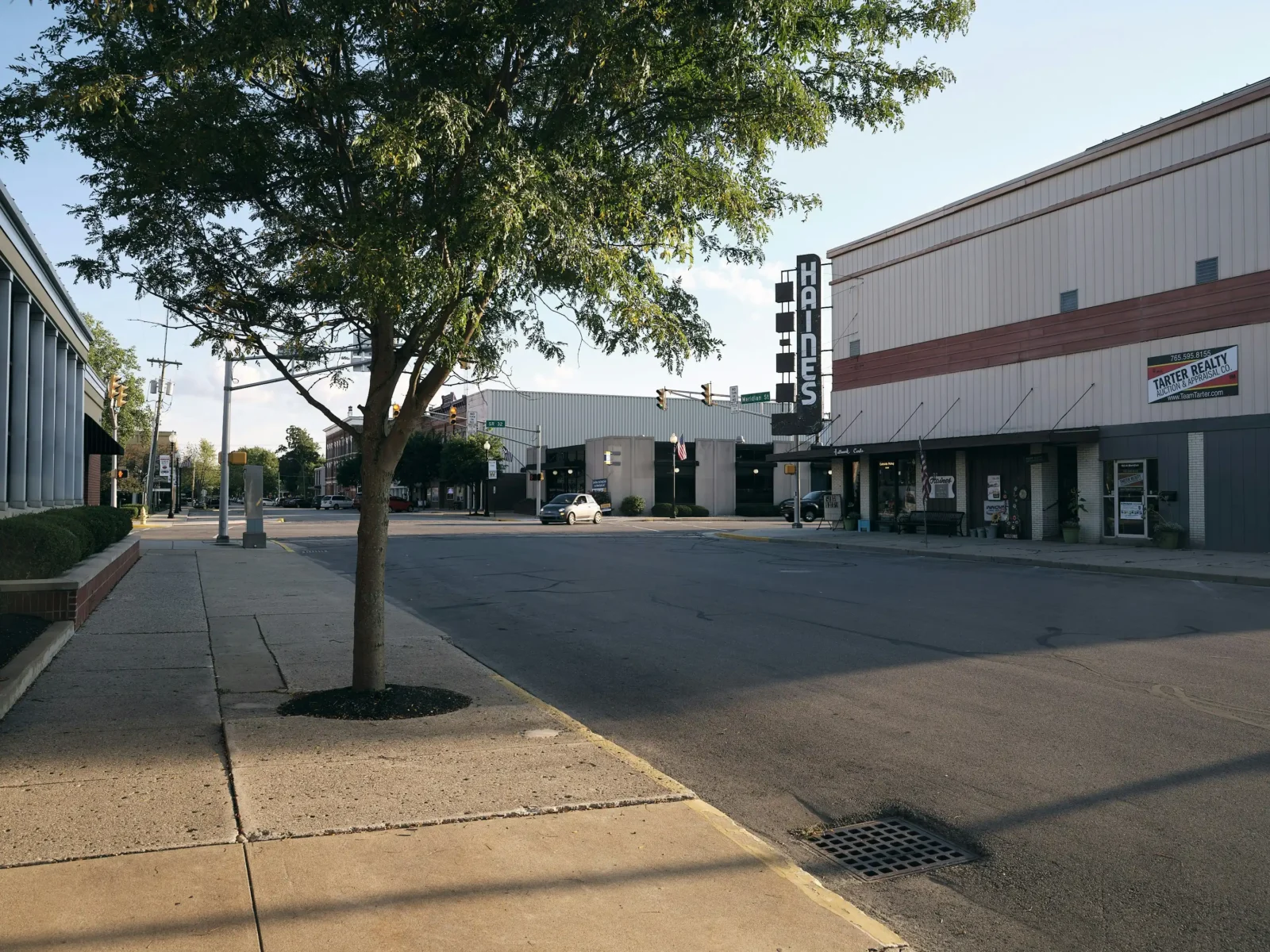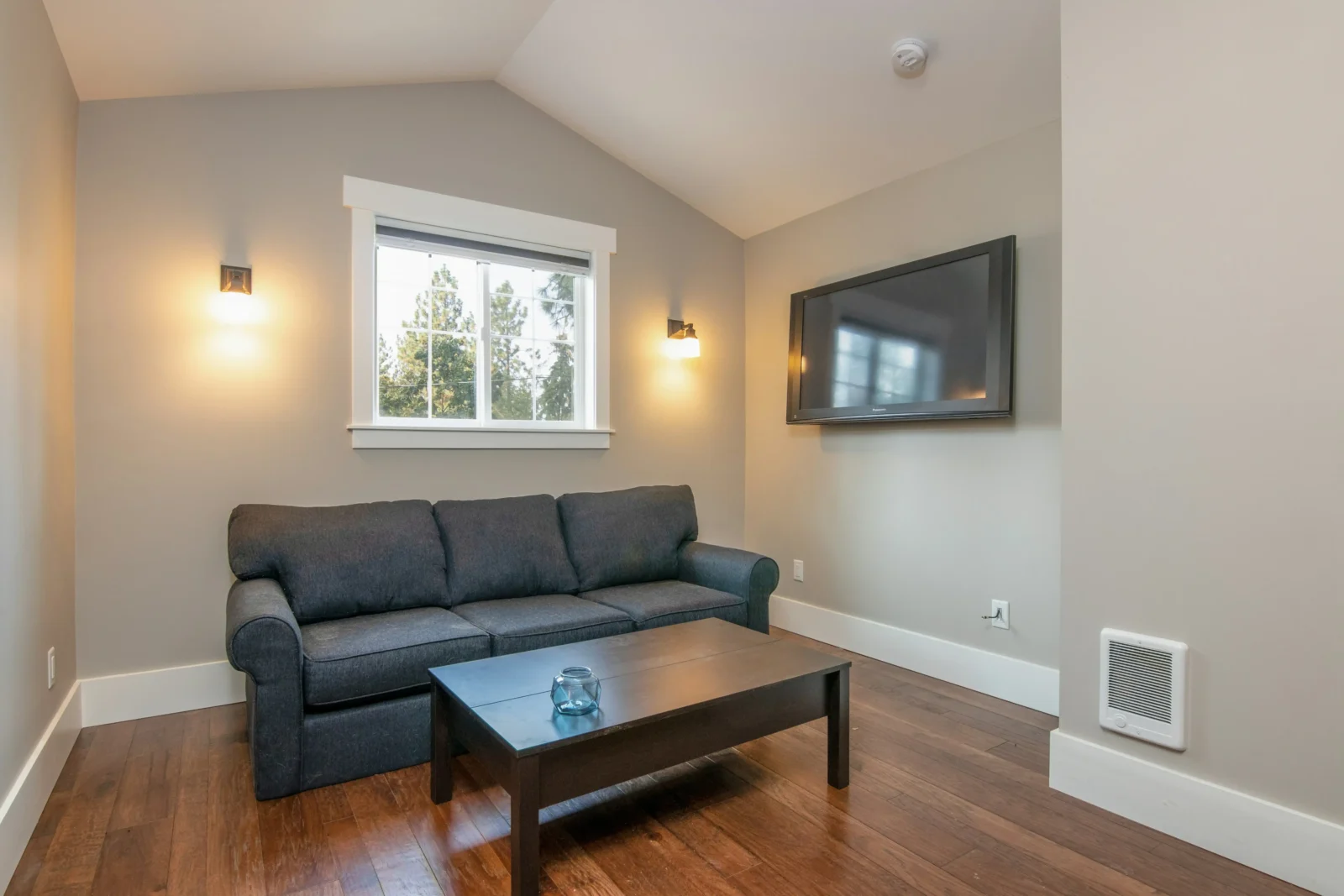- Home
- Articles
- Architectural Portfolio
- Architectral Presentation
- Inspirational Stories
- Architecture News
- Visualization
- BIM Industry
- Facade Design
- Parametric Design
- Career
- Landscape Architecture
- Construction
- Artificial Intelligence
- Sketching
- Design Softwares
- Diagrams
- Writing
- Architectural Tips
- Sustainability
- Courses
- Concept
- Technology
- History & Heritage
- Future of Architecture
- Guides & How-To
- Art & Culture
- Projects
- Interior Design
- Competitions
- Jobs
- Store
- Tools
- More
- Home
- Articles
- Architectural Portfolio
- Architectral Presentation
- Inspirational Stories
- Architecture News
- Visualization
- BIM Industry
- Facade Design
- Parametric Design
- Career
- Landscape Architecture
- Construction
- Artificial Intelligence
- Sketching
- Design Softwares
- Diagrams
- Writing
- Architectural Tips
- Sustainability
- Courses
- Concept
- Technology
- History & Heritage
- Future of Architecture
- Guides & How-To
- Art & Culture
- Projects
- Interior Design
- Competitions
- Jobs
- Store
- Tools
- More
Mastering Flexible Housing Solutions: Exploring Alternatives To Long-Term Lease Agreements

Table of Contents Show
In the dynamic realm of real estate, the concept of flexible housing solutions has emerged as a game-changer, offering individuals and businesses the freedom to adapt their living arrangements to their evolving needs. The traditional long-term lease agreement model faces competition from innovative alternatives prioritizing flexibility, convenience, and affordability. Let’s delve into the world of flexible housing and discover the diverse options available to those seeking adaptable living spaces.
Understanding Flexible Housing Solutions
Flexible housing solutions encompass a range of options designed to cater to the modern lifestyle. Embracing the concept of flexibility, these alternatives allow individuals to customize their living arrangements without the constraints of rigid long-term leases. From short-term rentals to co-living spaces and serviced apartments, the landscape of flexible housing is rich with possibilities for those seeking dynamic and adaptable living environments.
To explore one such flexible housing option, consider a comprehensive month to month rental agreement, which grants tenants the flexibility to adjust their living situation every month according to their needs.

Exploring Alternatives To Long-Term Lease Agreements
The shift towards alternative housing models stems from the limitations associated with long-term lease agreements. While traditional leases offer stability, they often lack the agility to accommodate changing circumstances. In contrast, flexible housing solutions present many benefits, including shorter commitments, customizable rental terms, and the opportunity to explore diverse living arrangements.
By comparing different housing models and examining their advantages, individuals can make informed decisions that align with their lifestyle preferences and requirements. Case studies highlighting successful implementations of flexible housing solutions underscore the transformative impact these alternatives can have on residents’ quality of life.
Benefits and Challenges of Flexible Housing Solutions
The allure of flexible housing lies in its ability to cater to the varied needs of individuals, families, and businesses. These solutions empower tenants to design living spaces that reflect their unique preferences and priorities by offering increased autonomy, reduced financial constraints, and enhanced convenience.
While the benefits of flexible housing are compelling, challenges such as fluctuating rental costs, limited availability in specific markets, and the need for ongoing transitions warrant careful consideration. By addressing these challenges proactively, individuals can maximize the advantages of flexible housing arrangements and optimize their residential experiences.
Navigating the Transition to Flexible Housing
Transitioning from traditional long-term leases to flexible housing options requires a strategic approach and careful planning. By exploring reputable providers of flexible housing solutions and negotiating rental terms that align with their needs, individuals can seamlessly adapt to this evolving trend in the real estate landscape.
Embracing flexibility in housing choices opens the door to a world of possibilities where residents can curate living spaces that evolve with their changing lifestyles. It’s crucial to consider the long-term implications of such decisions, ensuring that they align with your changing needs and priorities as you navigate the shifting dynamics of the real estate market.
Sustainable Living: The Role of Flexible Housing
Beyond flexibility and convenience, flexible housing solutions are vital in promoting sustainability and responsible urban development. By fostering a culture of efficient resource utilization, community engagement, and environmental stewardship, these alternatives contribute to urban dwellers’ greener, more resilient future. The intersection of flexible living models and sustainable practices highlights the potential for positive impact in individual residences and broader communities.
Future Outlook: The Evolution of Housing Trends
Looking ahead, the future of housing trends is poised to be shaped by a growing demand for adaptable living spaces. Innovations in real estate technology and design will continue to revolutionize how individuals interact with their living environments, offering unprecedented customization and comfort. As the popularity of flexible housing solutions burgeons, the real estate industry must adapt to meet the evolving needs of a dynamic and diverse population.
The convergence of cutting-edge technologies, such as virtual reality and sustainable architectural practices, will further enhance residents’ experience with flexible housing arrangements. This symbiosis of innovation and sustainability underscores a promising future where residents can enjoy flexible living spaces and environmentally conscious design elements.
By embracing these advancements and staying attuned to the evolving preferences of tenants, real estate developers and providers will be well-positioned to lead the way in revolutionizing the concept of housing, creating spaces that not only meet current needs but also anticipate and adapt to future trends in urban living.
In conclusion, mastering flexible housing solutions represents a paradigm shift in how individuals approach residential living. By exploring alternatives to long-term lease agreements and embracing the versatility of flexible housing options, individuals can design living spaces that empower them to thrive in an ever-changing world. As the real estate landscape continues to evolve, the allure of flexible housing solutions will endure, offering residents the freedom to live on their terms.
illustrarch is your daily dose of architecture. Leading community designed for all lovers of illustration and drawing.
Submit your architectural projects
Follow these steps for submission your project. Submission FormLatest Posts
How Property Owners Are Held Responsible for Slip Injuries
Table of Contents Show Duty of Care Owed by Property OwnersCommon Causes...
Why Hiring a Property Management Company in Henderson, NV Makes Sense
Table of Contents Show Less Stress and Fewer Daily HeadachesBetter Tenant Screening...
Best Tips for Hassle-Free Home Selling
Table of Contents Show Start With A Simple Selling PlanFix The Paperwork...
How to Invest in the Real Estate Industry
Table of Contents Show Choosing the Right PropertyFinancing OptionsPre-IPO InvestingResearch and EducationRental...












Leave a comment